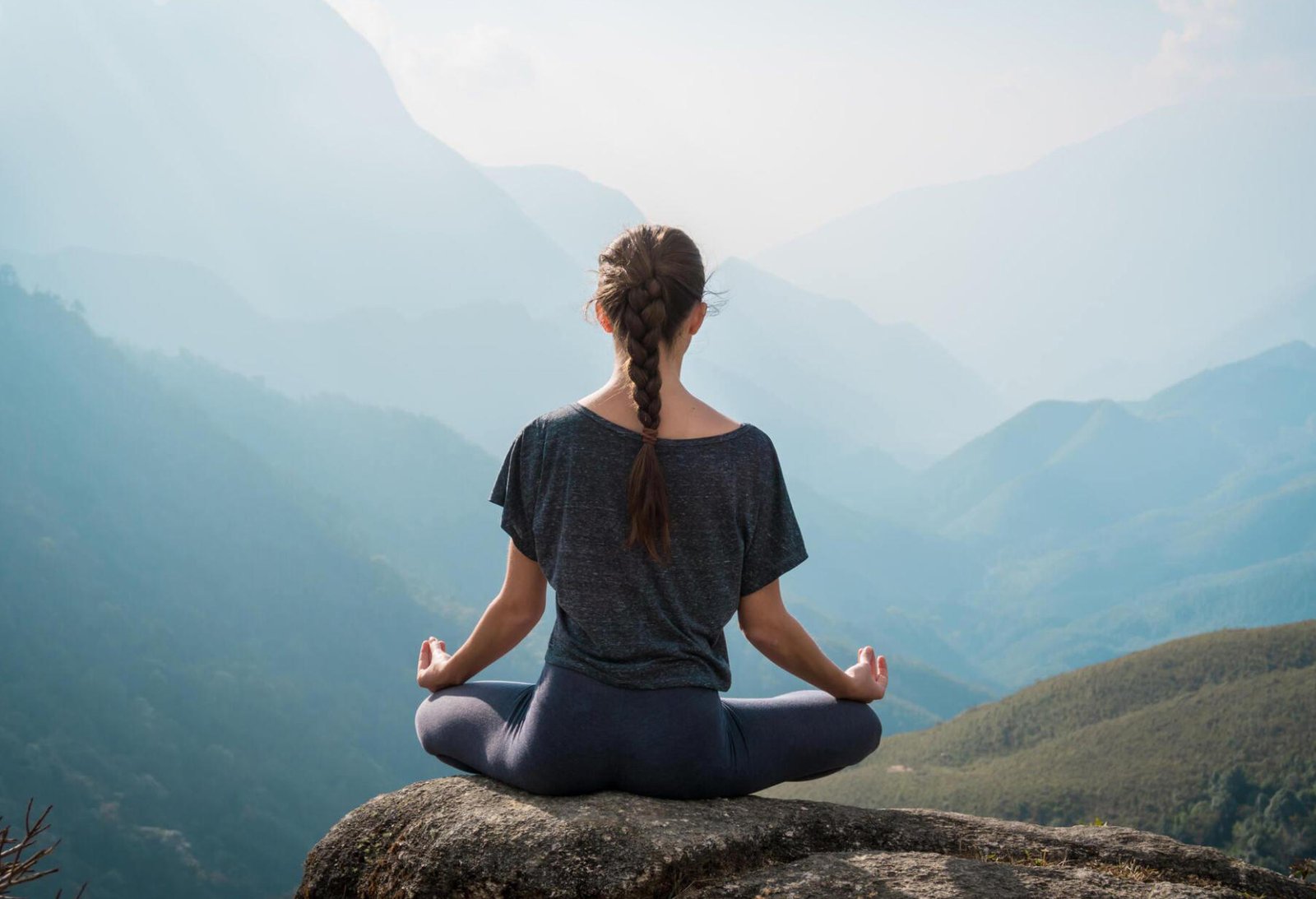The History and Philosophy of Yoga: Deepening Your Practice with a Retreat.

The Story of
Yoga!
Yoga, an ancient practice that originated in India
over 5,000 years ago, has evolved over millennia to become a global phenomenon
embraced by millions around the world.
Beyond the physical postures and sequences that are
commonly associated with yoga in the West, lies a rich tapestry of history,
philosophy, and spirituality that forms the essence of this transformative
practice.
Delving into the history and philosophy of yoga can
significantly deepen your understanding and appreciation of yoga, enriching
your practice and enhancing your overall experience on a yoga retreat.
The Origins
of Yoga
The origins of yoga can be traced back to the
ancient Indus Valley civilization in India, where archaeological evidence
suggests the existence of yoga-like practices as early as 3000 BCE. Over time,
these practices evolved and diversified, giving rise to various schools,
styles, and traditions of yoga.
The word 'yoga' is derived from the Sanskrit root
'yuj,' which means to yoke, unite, or join. At its core, yoga is a holistic
practice that seeks to cultivate harmony between the mind, body, and spirit,
and to unite the individual consciousness with the universal consciousness.
The Evolution
of Yoga
Yoga has undergone significant evolution and
transformation over the centuries, adapting to the changing cultural, social,
and religious landscapes of India. The earliest known systematic exposition of
yoga is found in the Yoga Sutras, a classical text attributed to the sage
Patanjali, dating back to around 400 CE.
Patanjali’s Yoga Sutras consist of 196 aphorisms or
sutras, which provide a comprehensive framework for understanding the
philosophy and practice of yoga. The Yoga Sutras describe an eight-fold path or
Ashtanga of yoga, comprising ethical principles (Yamas and Niyamas), physical
postures (Asanas), breath control (Pranayama), sensory withdrawal (Pratyahara),
concentration (Dharana), meditation (Dhyana), and enlightenment or union (Samadhi).
Deepening
Your Practice at a Retreat
Understanding the history and philosophy of yoga
can profoundly deepen your practice by providing context, meaning, and purpose
to your yoga journey. On a yoga retreat, you have the unique opportunity to
explore these philosophical concepts through guided study, discussions,
workshops, and contemplative practices, enriching your understanding and
enhancing your practice.
Guided Study and Workshops:
Many yoga retreats offer workshops, lectures, and study sessions that
delve into the history, philosophy, and texts of yoga. These sessions provide
an opportunity to explore the foundational principles of yoga, learn about its
historical development, and engage in meaningful discussions with like-minded
individuals.
Contemplative Practices:
Meditation, reflection, and self-inquiry are integral aspects of yoga that help
deepen your understanding of its philosophical teachings. On a yoga retreat,
you can dedicate time to these contemplative practices, allowing you to connect
with your inner self, explore profound philosophical questions, and cultivate
greater awareness, insight, and understanding.
Why attend a
retreat?
The literal meaning of retreat is to step
back/withdraw.
All our lives are moving faster than ever, there is
a real danger of a burn out and exhaustion. Yoga and Ayurvedic retreats act as
pressure levers that let us slow down and turn inwards. This stop and change of
pace gives us time to rest, recuperate and recharge so that we can come back stronger
to our day to day challenges.
Retreats also offer opportunities to meet other
like minded individuals to share and exchange ideas and thoughts. Where there
is a concentration of positive and progressive energies, nothing but good will
come out!
Namaste!